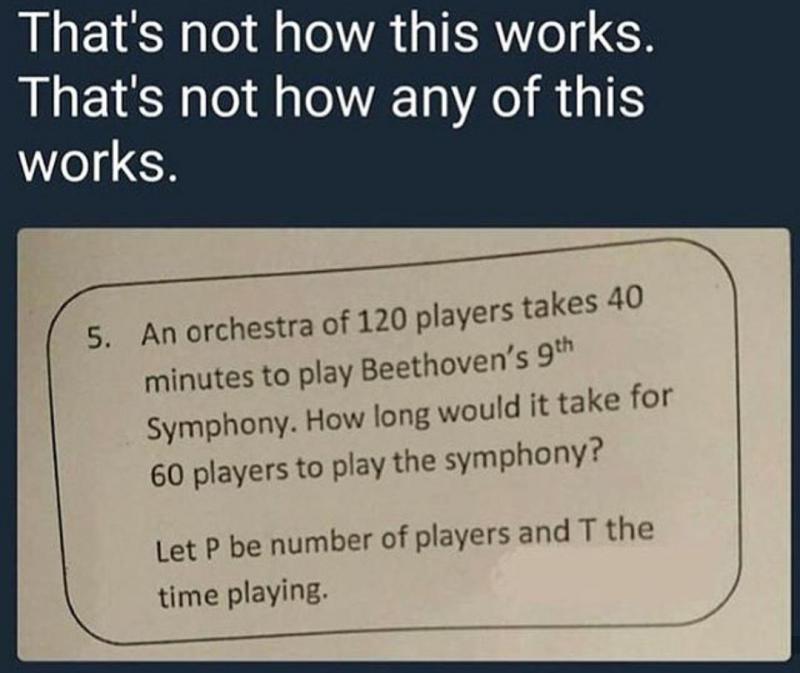Join devRant
Do all the things like
++ or -- rants, post your own rants, comment on others' rants and build your customized dev avatar
Sign Up
Pipeless API

From the creators of devRant, Pipeless lets you power real-time personalized recommendations and activity feeds using a simple API
Learn More
Related Rants

 Boolean Logic....
Boolean Logic.... Project manager logic.
Project manager logic.
As I was browsing pornhub, I started reading articles about AI, dick still in hand, and went down the rabbit-hole (no pun intended) of self referential systems and proofs. This is something I do frequently (getting off track, not beating off, though I have been slacking recently).
Now I'm no expert but my neurotic DID personality which prompted this small reading binge DOES think it is an expert. And it got me thinking.
Godel’s second incompleteness theorem says that "no sufficiently strong proof system can prove its own consistency."
Then utilizing proof by contradiction, systems that are "sufficiently strong" should produce truth outputs that are monotonic. E.g. statements such as "this sentence is a lie."
Wouldn't monotonicity then be proof (soft or otherwise) that a proof system is 'sufficiently strong' in the sense that Godel's second theorem meant?
Edit: I WELCOME input, even if this post is utterly ignorant and vapid. I really don't know shit about formal systems or logic. Welcome any insight or feedback that could enlighten me.
devrant
godel
logic